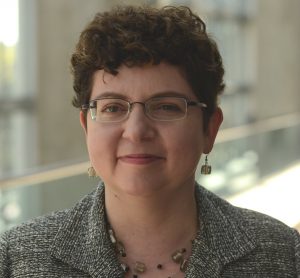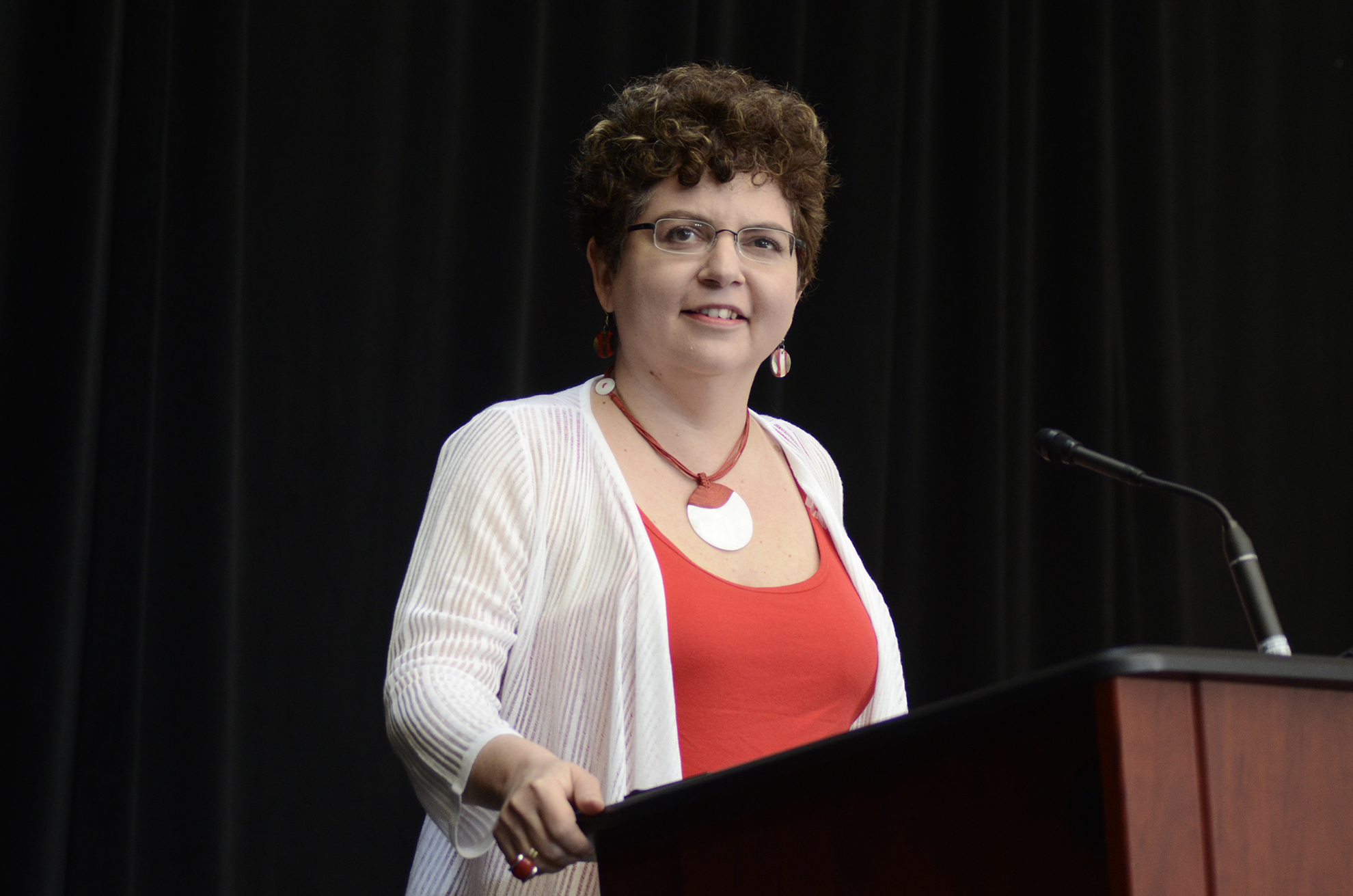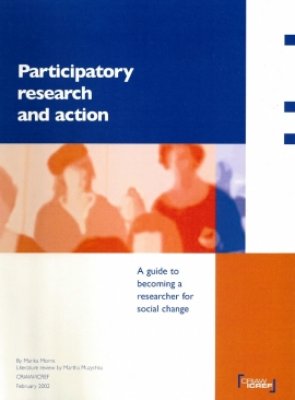
Dr. Marika Morris
Research, evaluation and training consultant, Marika Morris Consulting
Marika is a research, evaluation and training consultant who works with equity-seeking and Indigenous organizations (particularly Inuit), government departments and agencies, and businesses to meet their information needs, particularly in the areas of workplace equity, good mental health, collaborative leadership and violence prevention. She is also an Adjunct Research Professor in the School of Indigenous and Canadian Studies at Carleton University.
Media
Women reach top in PS but lack clout male counterparts had, study shows
Ottawa Citizen, February 23, 2015Online
Women have made it to the upper rungs of Canada’s public service in numbers few other countries can claim only to find they don’t have the power and policy clout that men enjoyed when they ran the show. It’s one of the many paradoxes uncovered by Carleton University researchers Marika Morris and Pauline Rankin in an interim report on a study of female leadership in the public service where women now dominate, holding more than 55 per cent of all jobs and 45 per cent of the executive positions below deputy ministers. The study is part of the Women in the Public Service Project, run by the Washington-based Wilson Centre, aimed at getting women into 50 per cent of the world’s public service jobs by 2050. Canada stands out with a public service that already exceeds the 50 per cent female target. The study is examining the impact women are having on shaping the public service and finding ways to measure it. The report is a springboard for such a debate at Carleton on Tuesday.
Stand Together Against Terrorism, Not Each Other
Huffington Post, November 14, 2015Online
URL: http://www.huffingtonpost.ca/marika-morris/stand-together-against-terrorism_b_8563964.html
The Global Terrorism Database is a record of over 140,000 attacks, most of which are not in Europe or North America. In Canada, terrorism has flared up in waves, each time as a result of a different group or cause. In the 1860s, it was the Fenians, a group of Irish that thought attacking Canada (then a British colony) would lead to independence from Ireland. A Fenian apparently was responsible for Canada's first political assassination, of Member of Parliament and Father of Confederation Thomas D'Arcy McGee. In the 1960s, it was another group, the Front de libération du Québec (FLQ), seeking Québec independence initially through bombing mailboxes and the Montréal Stock Exchange, culminating in Canada's second political assassination, of Québec Labour Minister Pierre Laporte. In the 1980s, the left-wing group the Squamish Five bombed a defence industry factory and Sikh militants bombed an Air India flight from Vancouver.
Reconciliation Starts With a Ringing Bell
Huffington Post, May 28, 2015Online
URL: http://www.huffingtonpost.ca/marika-morris/why-bells-will-be-ringing_b_7463326.html
For 120 years, indigenous children in Canada were separated by federal law from their families and communities and sent to church-run Indian residential schools. The documented purpose of these schools was to wipe out indigenous cultures, languages, spirituality and traditions. It failed, but it caused much continuing harm in the process. Many of these students were physically and sexually abused, did not learn how to have good relationships and were taught to be ashamed of themselves and their parents. Thousands died at these schools and never came home at all. This Sunday, participating churches across Canada will be ringing bells at noon, ringing for reconciliation, acknowledging their part in this process and their commitment to working with indigenous peoples to build a new and brighter future. Those churches that don't have belfries, like First United Church and All Saints Westboro in Ottawa, will be outside ringing handbells, tambourines and anything that makes a ringing noise. Canada's Truth and Reconciliation Commission, which has spent six long years listening to the testimony of residential school survivors, is marking the end of its journey from May 31-June 3 with ceremonies, educational events, and a call to action. Across Canada, all kinds of people are participating in the walks for reconciliation, planting heart gardens, and other events.
Most Parents Support the New Sex Ed Curriculum - With Good Reason
Huffington Post, May 7, 2015Online
URL: http://www.huffingtonpost.ca/marika-morris/ontario-sex-ed-curriculum_b_7236522.html
The uproar over Ontario's updated sexual education curriculum has now gone way over the top, with some parents pulling their kids out of school in protest. I respect the right of these parents to make their views known and to pull their kids out of school when sexual health curriculum is discussed in class. I oppose the attempt to axe the whole curriculum so that my child and the children of most Ontario parents, who support the curriculum, can't benefit from it either. The misinformation about the new curriculum rivals the inaccuracies kids get about sex from their friends and our culture. Some parents are convinced that their kids will be asked to touch themselves at school. The actual curriculum stresses respecting yourself and respecting others. If you oppose it, fine. At least know what you are opposing.
Do Women Public Service Leaders Make A Difference?
Huffington Post, June 21, 2016Online
URL: http://www.huffingtonpost.ca/marika-morris/women-public-service_b_10596630.html
Few people know that women in the Canadian federal public service were fired upon marriage until 1955, and that a 1990 Task Force on Barriers to Women in the Public Service found overt discrimination and structural barriers to women's advancement. Twenty-six years after that task force, Canada is now number one in the world in terms of the representation of women in the public service, including at leadership levels. The Centre for Women in Politics and Public Leadership at Carleton University released a research report I authored, asking the question, now that women are in, what difference does it make? The answer turns out to be a bit of a paradox. We interviewed women and men at senior leadership levels (EX, DM and equivalents). Most of the women cited their leadership style as their major contribution, a more open, collaborative and less hierarchical style that brought out the best in their employees and allowed them to do the best job they could for Canadians. Not all women exhibit this style, and some men do. In fact, the first women managers in the public service, those who broke through the glass ceiling, were described as "iron ladies" and "tough as nails," some of whom "could make men cry."
Unpaid work and women’s vulnerability to poverty
Published by Canadian Review of Social Policy
2002. (49/50): 43-68.
Structural and cultural factors in suicide prevention: The contrast between mainstream and Inuit approaches to understanding and preventing suicide
Published by Journal of Social Work Practice
Accepted/Forthcoming.
The cooperative advantage for social inclusion meets uncooperative government regulation: International co-operative principles and co-operative housing regulation in the province of Ontario, Canada
Published by Journal of Entrepreneurial and Organizational Diversity
Accepted/Forthcoming.
Re-imagining Canadian history exhibits: A Canadian Studies applied research assignment
Published by Southern Journal of Canadian Studies
Forthcoming.
Pauktuutit Inuit Women’s Association
Published by Inuit Art Quarterly
2002. 17 (4): 16-27.
Increasing urbanization of Inuit: A statistical profile of modern Inuit in Canada with implications for policy and practice
Published by Aboriginal Policy Studies
Submitted.
Biography
Marika Morris, Ph.D., is an Adjunct Research Professor in the School of Indigenous and Canadian Studies at Carleton University in Ottawa, Canada. She has over 30 years of experience in public policy research in the federal government, for Members of Parliament, non-governmental organizations and as a consultant. She also has significant community-based research experience, particularly in her former role as Research Coordinator for the Canadian Research Institute for the Advancement of Women (CRIAW) and as a consultant working on women’s and Indigenous issues. She is widely published in the areas of gender equality, violence against women, violence prevention, women’s leadership, Inuit mental health and suicide prevention, and gender-based analysis. Morris is a member of Statistics Canada’s Advisory Committee on Social Conditions, which advises the Chief Statistician. Her work on women’s leadership resulted in an invitation to speak at the United Nations. Morris won the 50 over 50 Award for her consulting business in 2017, and is frequently invited to conferences as a speaker.
Recognition/Reconnaissance
Student-Parent Award | Professional
2005
Thomas Betz Memorial Award | Professional
2002
Robert McDougall Scholarship | Professional
2003
Rudelle Hall Memorial Scholarship | Professional
2003
Social Sciences and Humanities Research Council | Professional
(SSHRC) Doctoral Fellowship
Naida Waite Graduate Scholarship | Professional
2004-05
John Lyndhurst Kingston Memorial Scholarship | Professional
2002
Centre for Addiction and Mental Health (CAMH) Community Based Research Fellowship | Professional
2013. (declined, as could not be held concurrently with CIHR fellowship)
Charlotte Whitton Fellowship in Canadian Urban Life | Professional
2003
Additional Titles and Affiliations
Adjunct Research Professor School of Indigenous and Canadian Studies Carleton University
Past Talks
The value of the General Social Survey Social Identity Cycle for understanding security and resilience issues in Canada
Measuring Migration, Integration and Identities. Association for Canadian Studies Metropolis Pre-Conference Forum on Social Research
Ottawa, March 13, 2013
Towards an intersectional approach to measuring disaster resilience: The new Canadian Survey of Emergency Preparedness and Resilience
Democracy, Diversity, Disasters: A Japan-Canada Policy Dialogue on Intersectionality and the Challenges of Contemporary Risk Governance
Ottawa, Canada, February 6, 2014
The challenges of measuring community resilience for public policy
Canadian Risks and Hazards Network Annual Symposium
Ottawa, October 19, 2011
Panel presentation on Knowledge Transfer: Connecting Socio-Cultural Research to Use in the Public and Private Sectors
12th National Metropolis Conference
Montreal, March 19, 2010
Practical application of Inuit principles, ethics and methodology in research
International Network of Indigenous Health Knowledge and Development (INIHKD) – Network Environments for Aboriginal Health Research (NEARH)
Winnipeg, Canada, October 5, 2014
Inuit youth, violence and social media outreach
Social Sciences and Humanities Research Council (SSHRC) Canadian Prevention Science Cluster
Webinar, February 27, 2014
Equality as a factor in disaster resilience: Canadian best practices in resilience data collection and stakeholder involvement
Japan-Canada Policy Dialogue on Democracy, Diversity, Disasters: From Ottawa to Tokyo
Tokyo, Japan, March 14, 2014
Ethics, intersectionality and community participation in action research with Inuit youth on violence and mental health
American Public Health Association 142nd Annual Meeting and Exposition
New Orleans, November 15, 2014
Evaluation methods and challenges for community-based crime prevention initiatives
Presentation to the 15th International Metropolis Conference
The Hague, October 5, 2010



